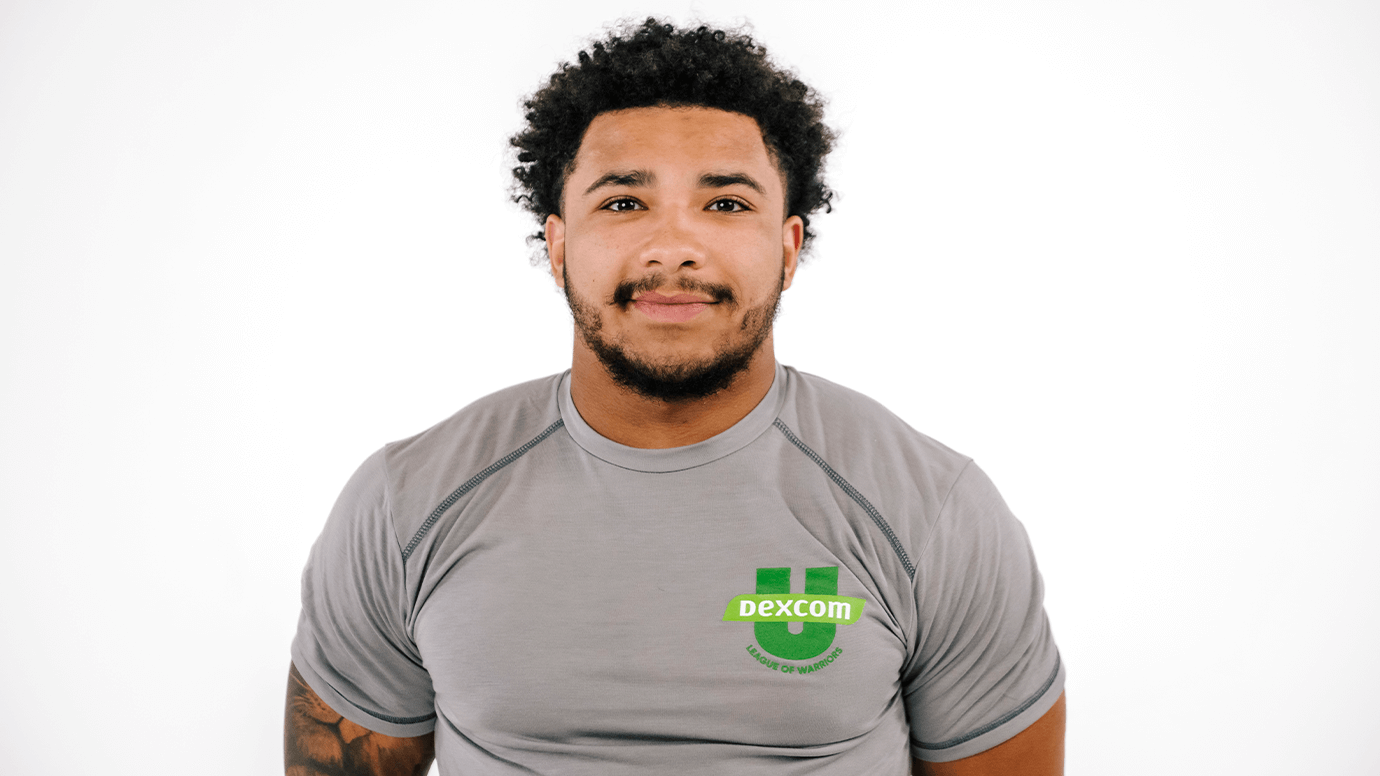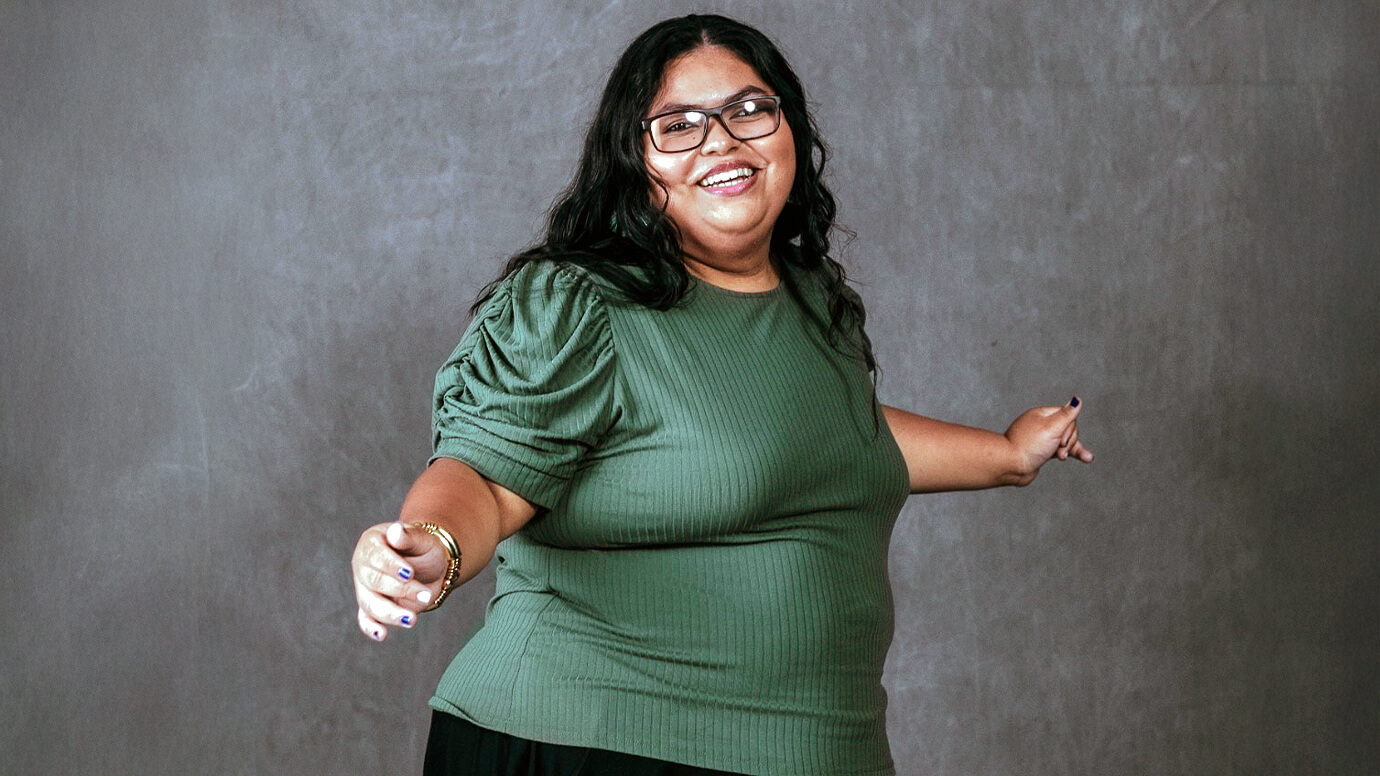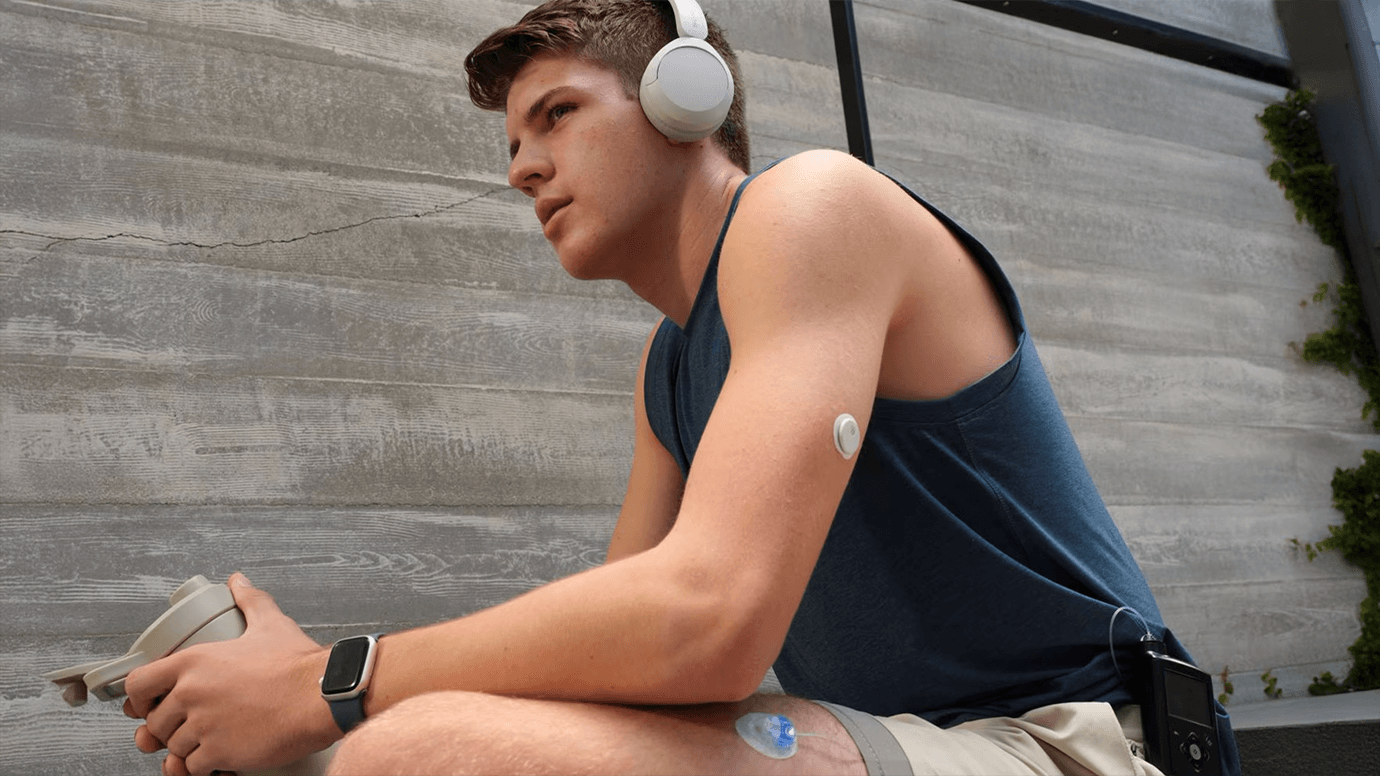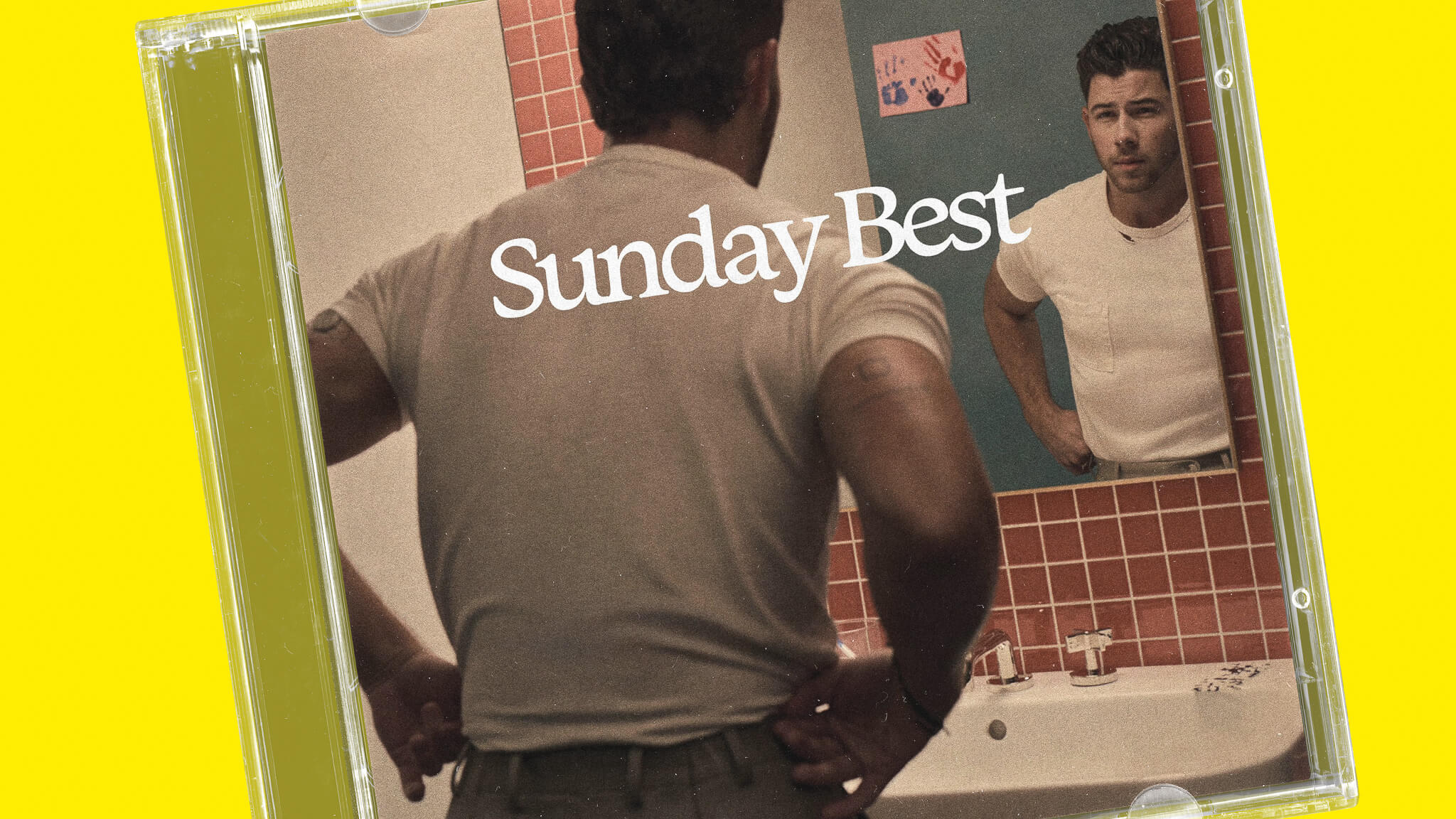Sharing Your CGM Data
Written by: T'ara Smith, MS, Nutrition Education
5 minute read
December 20, 2019
You don't need to do diabetes alone. If you wear a CGM, read about sharing your data with your friends and family who help you manage Type 2 diabetes.
This content was sponsored by Abbott, the makers of FreeStyle Libre 2,—a Founding Partner of Beyond Type 2.
On our website, our slogan is “You Are Not Alone.” That means you don’t have to do diabetes by yourself. In fact, you should be able to rely on others for support. Even if the people in your support system don’t fully understand what it’s like to live with diabetes or may not know what numbers constitute as high or low blood sugar, they can still make living with type 2 diabetes easier. One of the ways to get your family involved is by sharing the data from your continuous glucose monitor (CGM).
CGM apps can make diabetes care a family affair, so to speak. You can adjust your settings to ensure others will receive information about your blood sugar. For example, the LibreLinkUp app by Abbott’s FreeStyle Libre, allows users to add up to 20 people to remotely track your blood glucose data. Each time the Libre sensor is scanned, those people receive your current blood glucose levels and the direction of where your blood glucose is trending. Nightscout is another platform used by FreeStyle Libre users with Android.
For safety, you should notify your friends and family who have access to your data when to seek emergency help. Tell them which blood glucose values and ranges will require their assistance. For example, if you scan your sensor and it reads below 3.9 mmol/L70 mg/dL, your friend who receives your blood glucose data will know to help you.
Professional CGM (P-CGM) is another way to share data, but only with your health provider. Users of P-CGM can go about their usual routine while their doctor gets updates and learns how it impacts their blood glucose. After about a week or so of wearing the device, the patient and doctor review the data and make adjustments based on it and the patient’s diabetes goals.
Thoughts from the BT2 Community
Inspired by this article “Sharing is Caring” from our content committee chair, Alexi Melvin on Beyond Type 1, we sought to do something similar with the BT2 community. We asked those who use a CGM if they’d feel comfortable sharing their data with others. Here are some of the responses, but you can read the rest in our Instagram highlights.
“Yup! I share it with my mom and my endo.” – Pamela W.
“If I had a [CGM], I would share my data. I could help my family relax because they are so worried about me.” – Narges T.
Shelby Kinnaird and Mila Clarke Buckley, two well-known type 2 advocates and food bloggers are both relatively new users of the FreeStyle Libre 14 day system. While they haven’t used the LibreLink data-sharing feature, they see the benefits of why one would use it.
“It would be really cool for my husband to see it,” said Buckley. “He actually asks me questions about diabetes all the time, specifically about how I’m doing.”
For Kinnaird, the sharing feature would be great for those who frequently experience hypoglycemia. “I would feel comfortable sharing my data. I never go low, but I tend to think of sharing data is a good idea if you have a lot of lows,” said Kinnaird.
Tips for Setting Boundaries While Data Sharing
So let’s say you’ve decided to share your CGM data with others but are worried about their reactions to your numbers. It’s normal to feel anxious about what others may think and that may be due to the stigma surrounding diabetes. But, you can still get your loved ones involved with your care and set boundaries. Here’s how:
- Tell them what your range is and what numbers are to be cause for concern.
- Reassure them that the reading on the screen is just a data point, it’s neither good nor bad. It’s just a number that informs you on how to make the best decisions about your care.
- If sharing with a doctor, set days and times when you should go over your data and when to make adjustments. Also, get instructions on what to do when experiencing severe lows or highs.
- Let everyone know you are the final decision-maker. Having support is awesome and definitely needed to deal with diabetes. But at the end of the day, you are the one making the choices to manage it best. Be respectful and open to suggestions and resources from your loved ones. However, be fine with communicating that you may not always need advice; sometimes you want someone to just be there for you.
Is My Data Used by Third-Parties?
This is a great question if you’re concerned about who has access to your CGM data and if it can be used. In this case, it’s important to read the privacy policy (and we know, it’s not always fun). Privacy policies will tell you the conditions under which your personal information may be used. Also, it’s important to know how your data is protected and used under the health insurance portability and accountability act (HIPAA) by third parties.
These are some of the reasons your data may be shared:
- Address crashes and errors
- Direct marketing to the user
- Compliance with law enforcement
- Depending on the device (i.e. Android), your data may be used in connection with Bluetooth and location devices.
Some CGM manufacturers have partnerships to share sensor data with other companies to allow health providers to assist patients with blood glucose management. This sensor data can also be included in the patient’s electronic health records and provide a complete view of the patient’s medical history.
For more ways to help your friends and family learn about diabetes, send them our Type 2 Guide to Diabetes for Friends and Family.

Author
T'ara Smith, MS, Nutrition Education
T’ara was diagnosed with type 2 diabetes in July 2017 at the age of 25. Since her diagnosis, she focused her academic studies and career on diabetes awareness and living a full life with it. She’s excited to have joined the Beyond Type 1 team to continue her work. Two years later, T'ara discovered she'd been misdiagnosed with type 2 and actually has latent autoimmune diabetes in adults (LADA). Outside the office, T’ara enjoys going to the movies, visiting parks with her dog, listening to BTS and cooking awesome healthy meals. T’ara holds an MS in Nutrition Education from American University.
Related Resources

If you're feeling unsure about getting started with a continuous glucose monitor (CGM), you're not...
Read more

The idea of switching diabetes devices can feel intimidating, let alone actually wearing one. This...
Read more

On Tuesday, September 23, 2025, Medtronic Diabetes began selling a new continuous glucose monitor (CGM)...
Read more

